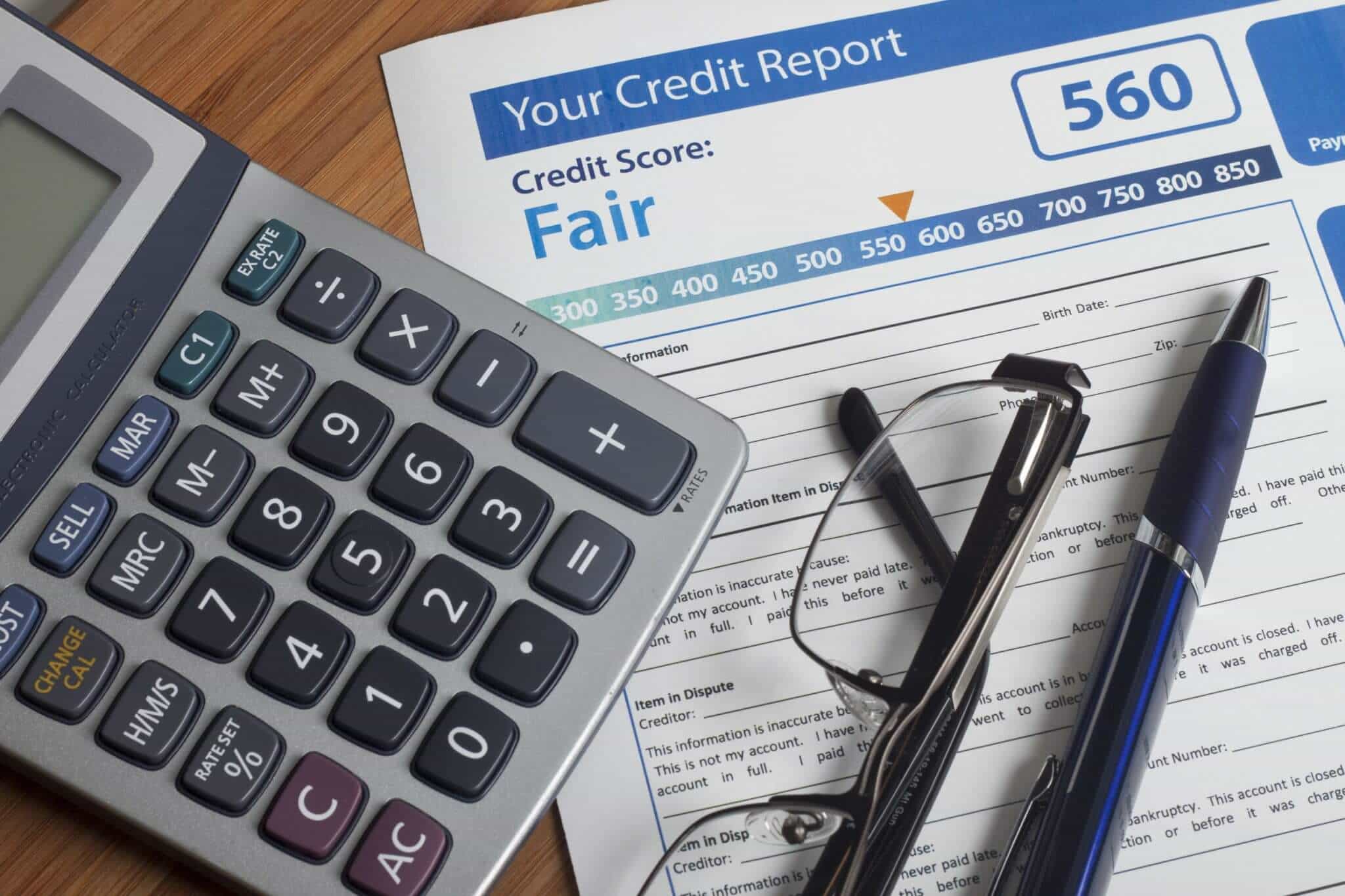
Bankruptcy can be a difficult and stressful experience, but it can also be a fresh start for many people. However, there are several things that you cannot do after filing for bankruptcy. In this article, we will discuss the important things that you should keep in mind after filing for bankruptcy. Limits After Filing Bankruptcy
You cannot conceal your bankruptcy
Once you file for bankruptcy, it becomes a public record. You cannot hide your bankruptcy from creditors, lenders, or anyone else who wants to know. This means that you should not try to conceal any assets or debts from the bankruptcy court.
You cannot use credit cards
One of the major things you cannot do after filing for bankruptcy is using credit cards. Your credit card accounts will be closed, and you cannot open new accounts until your bankruptcy is discharged. If you try to open new accounts, it will be considered fraud, and it may cause your bankruptcy case to be dismissed.
You cannot make large purchases
After filing for bankruptcy, you cannot make any large purchases without the approval of the bankruptcy court. If you need to make a major purchase, such as a car or a house, you will need to get permission from the court.

You cannot ignore your creditors
Even though you have filed for bankruptcy, you still have a responsibility to your creditors. You cannot ignore their calls or letters. You must keep them informed of your bankruptcy proceedings, and you must provide them with any information they request.
You cannot transfer assets
You cannot transfer any assets after filing for bankruptcy. This means that you cannot sell, give away, or transfer any property without the approval of the bankruptcy court. If you do, it will be considered fraud, and it may cause your bankruptcy case to be dismissed.
You cannot withhold information
You must be completely honest and transparent throughout the bankruptcy process. You cannot withhold any information from the bankruptcy court, your attorney, or your creditors. If you are caught hiding assets or lying, it may cause your bankruptcy case to be dismissed, and you may face legal consequences.
You cannot incur new debt
After filing for bankruptcy, you cannot incur any new debt without the approval of the bankruptcy court. This means that you cannot take out new loans or credit cards without the court’s permission. If you do, it will be considered fraud, and it may cause your bankruptcy case to be dismissed.
You cannot violate court orders
Once you file for bankruptcy, you must follow all court orders. You cannot ignore any court orders or fail to appear for any court hearings. If you violate any court orders, it may cause your bankruptcy case to be dismissed.
You cannot file for bankruptcy again too soon
If you have already filed for bankruptcy, you cannot file again too soon. The amount of time you must wait depends on the type of bankruptcy you filed for and the outcome of your case. If you try to file for bankruptcy again too soon, it may cause your case to be dismissed.
You cannot represent yourself in court
If you have filed for bankruptcy, it is highly recommended that you hire an attorney. Representing yourself in court can be challenging and may cause your case to be dismissed. A bankruptcy attorney can help you navigate the complex legal process and ensure that your case is handled correctly.
In conclusion, filing for bankruptcy can be a difficult and stressful experience, but it can also be a fresh start. However, there are several things that you cannot do after filing for bankruptcy. You cannot conceal your bankruptcy, use credit cards, make large purchases, ignore your creditors, transfer assets, withhold information, incur new debt, violate court orders, file for bankruptcy again too soon, or represent yourself in court.
You may also love to read this:
GET PAID TO DO SIMPLE LIVE CHAT







